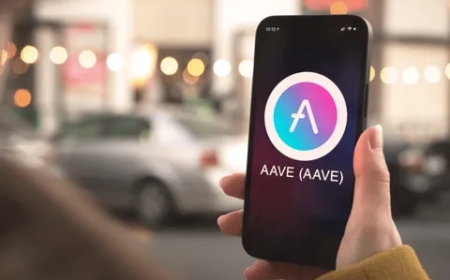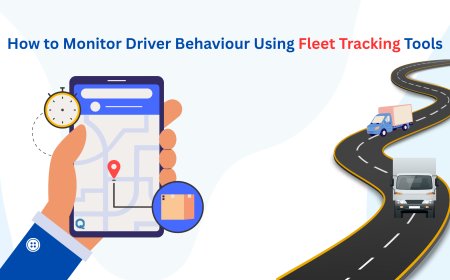DOT Physical Exam vs. Regular Check-Up: What’s the Difference?

Nearly four million U.S. drivers undergo a DOT physical every year. Many assume this exam mirrors a standard doctor visit, yet the two tests serve very different goals. For commercial driver dot applicants in Atlanta, knowing those differences prevents delays, extra fees, and job setbacks. Read on to see how each exam works and why the DOT version demands extra steps.
Why the DOT Requires a Special Exam
The Federal Motor Carrier Safety Administration (FMCSA) sets medical rules for anyone driving a vehicle over 10,001?pounds, hauling hazardous material, or transporting paying passengers. Safety sits at the core. A fainting spell for a family sedan driver causes a scare; the same event in an 80,000-pound semi can shut down an interstate. As a result,commercial driver dot Atlantarules call for a focused health check that zeroes in on conditions likely to cause sudden impairment.
What Happens in a Regular Check-Up
During an annual wellness visit, a primary-care doctor reviews history, scans vital signs, and orders labs based on age. The goal is early detection of general issues such as high cholesterol or minor infections. For example, you might discuss diet, vaccinations, or sleep habits. If concerns arise, the doctor schedules specialist referrals or additional tests at a later date.
These visits help patients track overall health, but they rarely include the step-by-step clearance needed for a commercial license.
Key Differences in Testing Standards
- Vision and Hearing Benchmarks
A family doctor checks eyesight casually using a wall chart. A DOT examiner must confirm at least 20/40 vision in each eyewith or without corrective lensesand field of vision spanning 70?degrees in both directions. Hearing follows a similar rule set. Drivers must detect a forced whisper at five feet or better.
- Blood Pressure Limits
During a standard visit, an elevated reading often leads to come back in three months. In a DOT exam, stage-two hypertension can shrink certification from two years to three months. This shorter window forces drivers to treat the issue promptly.
- Drug and Alcohol Screening
Routine check-ups seldom require urine tests for controlled substances unless requested. DOT guidelines, by contrast, require examiners to observe for abuse signs and note any concerns that may prompt follow-up labs.
- Sleep Apnea and Cardiac Risk
A typical clinic may only ask about snoring. DOT rules push further. Neck size, BMI, and daytime fatigue questions can trigger referrals for sleep studies. Cardiac history draws extra scrutiny; untreated arrhythmia often blocks certification until cleared by a cardiologist.
Impact on Your Driving Status
Failing a regular physical rarely affects daily life beyond a new prescription. Failing a DOT physical can sideline a career on the spot. That is why commercial driver dot providers in Atlanta walk candidates through each requirement before testing begins. Knowing the standards lets drivers gather needed paperworklike eye-doctor letters or glucose logsso the examiner can approve the certificate without delay.
Preparing for Your DOT Physical
Next, use these simple steps to improve results:
- Sleep at least seven hours the night before to lower stress readings.
- Skip salty snacks and energy drinks for twenty-four hours to keep blood pressure steady.
- Bring current glasses, contact cases, and hearing aids.
- Pack medication lists with dosages; include treating-physician notes on chronic issues.
These quick moves trim exam time and reduce repeat visits.
Finding the Right Clinic
Not every doctor can issue a DOT certificate. The FMCSA keeps a national registry of certified medical examiners. Many urgent-care centers in metro Atlanta qualify, but choose one with same-day appointments and truck-friendly parking. Staff familiar with commercial driver dotpaperwork can upload forms directly to the state licensing portal, saving hours at the DMV.
For routine wellness, keep your regular family doctor; for licensing, book a specializedphysical exam for cdl in Atlantaevery two yearsor sooner if medical conditions require follow-up. Following this two-clinic plan keeps both personal health and driving credentials in top shape.





















![Top 11 Real Estate Mobile App Developers in Riyadh, Saudi Arabia [2025 Edition]](https://www.philadelphialivenews.com/uploads/images/202506/image_430x256_68621a9e48997.jpg)























![Top 11 Real Estate Mobile App Developers in Riyadh, Saudi Arabia [2025 Edition]](https://www.philadelphialivenews.com/uploads/images/202506/image_140x98_68621a9e4a204.jpg)
